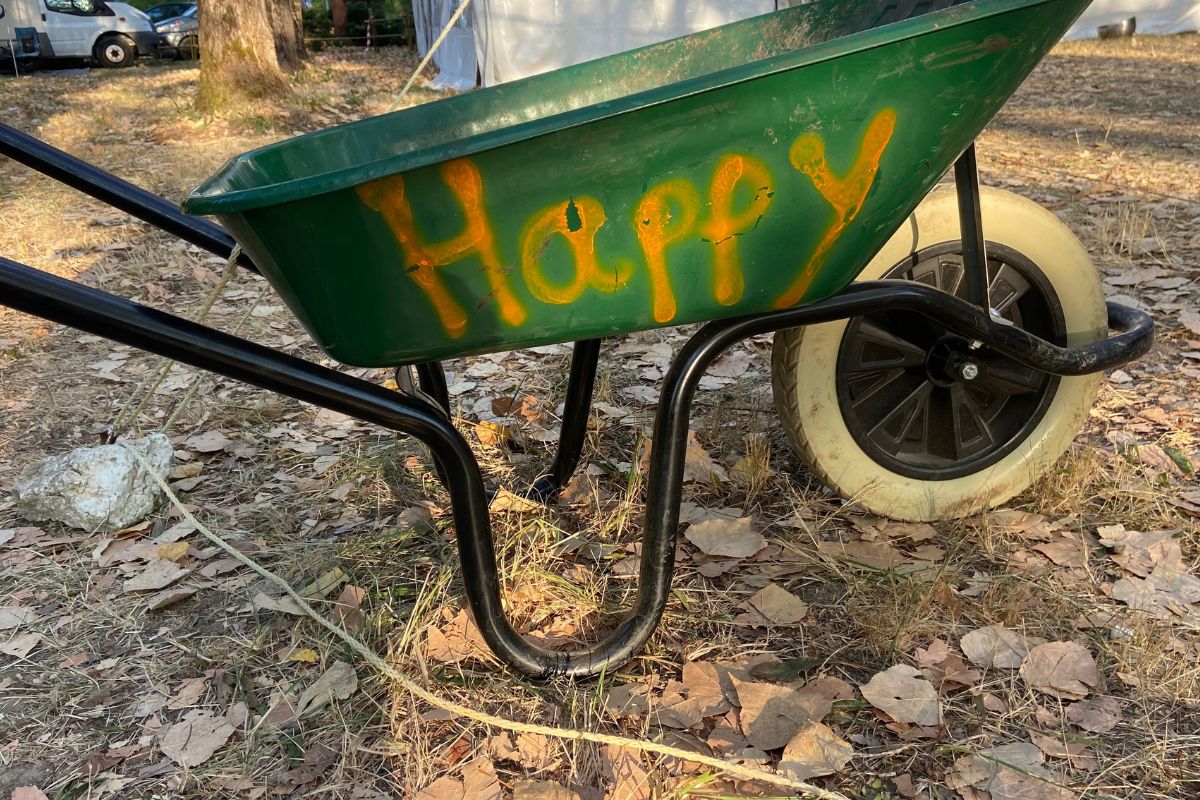Often, what feels productive is not the most meaningful.
KEY POINTS
- As 2022 comes to an end, challenge your assumptions and reclaim your time.
- Calculate “how many times left” you have for meaningful activities.
- Interview an elder about their life.
Last weekend, we planted our winter vegetable garden. Like life, it’s not as glamorous as your mind would think. My 9- and 13-year-old boys dug out the chicken coop as my husband delivered me wheelbarrows full of chicken manure to dig into our empty beds. Then I headed over to my neighbor’s house to “borrow” a bucket full of worms from her abundant worm farm to sprinkle into the mix.
At one point, I grabbed a worm and tossed it to a curious chicken roaming our yard. I swear she smiled at me before gobbling it up. This is a good use of our time, I thought.
I’ve been contemplating time as my birthday rolled by and another year is coming to an end. More to-do’s pile on my plate, and I ask, do I have time to add vermiculture to the list?
This is a question I would like to ask you, too. What is a good use of your time? Often what feels productive is not the most meaningful, and what’s the most meaningful can be unexpected.
The Intersection of Time and Happiness
In search of my time-pressing answers, I interviewed Dr. Cassie Holmes, a professor at UCLA’s Anderson School of Management and author of The Happier Hour about the intersection of time and happiness. Here are a few things I learned that you can try as your time in 2022 comes to an end:
- Challenge your assumptions. Having more time doesn’t necessarily make you happier; it’s how you use your time that matters. Stay present and engaged, and savor time. This is it.
- Reclaim your time. Bundle your least-favorite activities with those that have value (like listening to Your Life in Process on your commute!).
- Calculate “how many times left.” We tend to “put off” or ignore scheduling meaningful activities because we think we will have time for them later. But the reality is time is limited. If you remember the impermanence of things, you will prioritize the activities that matter. For example, if we dig our chicken coop out two times a year, that means I only have about 15 times left with my boys!
- Interview an elder about their life. Ask them, “Looking back on your life, what were your greatest sources of pride? What are your greatest sources of regret? What’s turned out to matter more than you expected?” To hear what my wise, worm-loving neighbor had to say, check out Your Life in Process podcast.
Journal Prompts to Explore the Best Use of Time
- What is the first thing you put off when you don’t feel like you have enough time?
- What is the thing you avoid when you have a ton of time?
- Are these activities meaningful to you?
- How can you shift your attention and action to meaning with the time you have?
You can learn more strategies to live a rich and meaningful life on the Your Life in Process podcast.

+ show Comments
- Hide Comments
add a comment